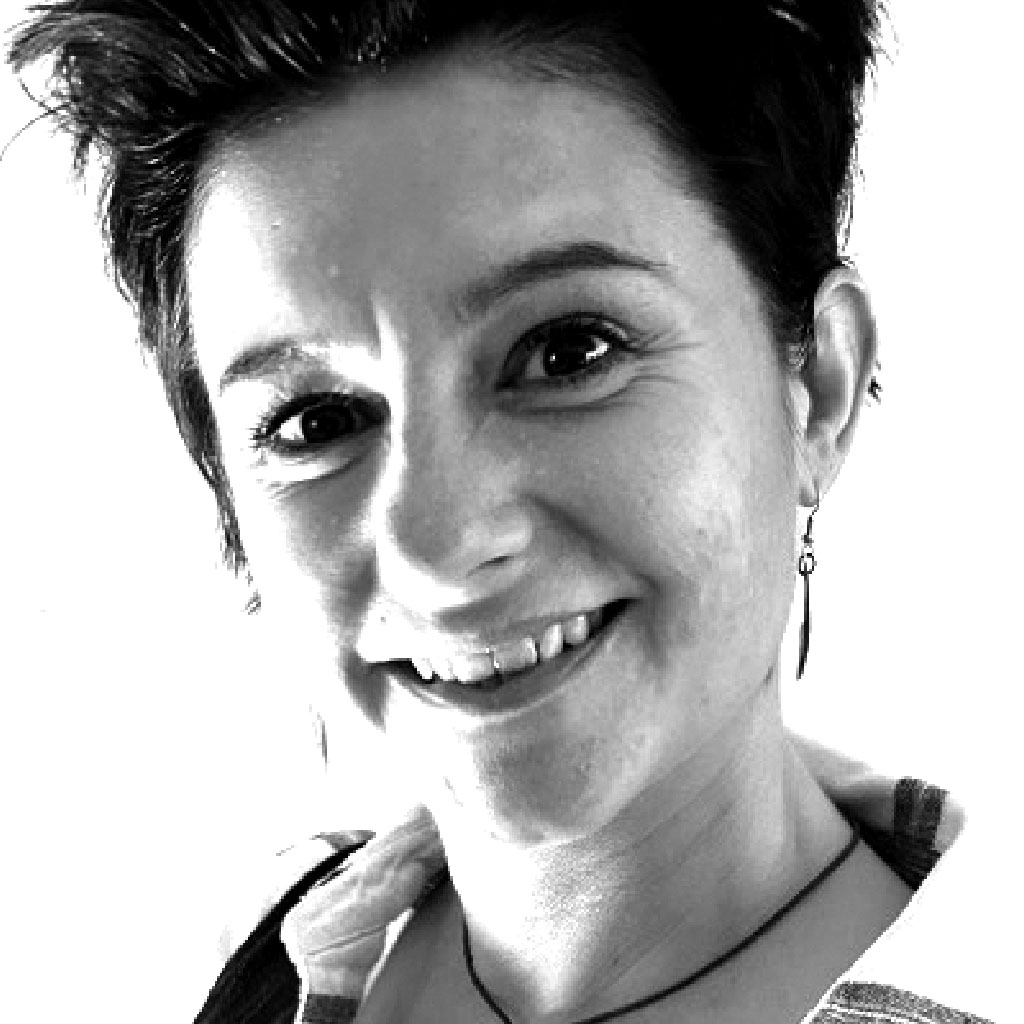
Jo
07305890303
[email protected]
Instant Availability please call before booking
Jo is an accomplished Integrative Counsellor holding a BA (Hons) and a progression of diplomas culminating in a Level 5 Foundation Degree in Counselling & Psychotherapy. Her eclectic therapeutic approach draws from a spectrum of methodologies, ensuring personalized support for each individual's needs. Jo's practical expertise extends to facilitating 'Nature & Nurture' support groups, aiding young people and their parents through emotional challenges by integrating the healing aspects of nature into therapy.
Her work also spans to support for those with learning and neuro-diverse conditions in forensic rehabilitation settings. Committed to professional excellence, Jo continuously updates her skills and maintains membership with the BACP, reflecting her adherence to stringent training and ethical standards.

Rebecca
07305890303
[email protected]
Instant Availability please call before booking
Rebecca is a compassionate mental health professional, specialising in counselling for issues like social anxiety, depression, and relationship challenges. With a focus on personal growth and behavioural change, she has experience in lifespan theories and has navigated the emotional aspects of parenthood.
Rebecca utilises multiple therapeutic approaches such as Humanistic, CBT, and CFT, tailoring her methods to each client's unique needs. She currently offers online sessions via Microsoft Teams, and over the phone. Actively expanding her skills, Rebecca is training in telephone counselling and plans to introduce Walk and Talk therapy.
Existential Therapy.
While the term existential therapy might sound a little challenging, it’s a very powerful and accessible form of therapy. It helps to create a more open-minded approach to our problems, helping us to create and establish more meaningful relationships. It’s typically aimed at people who might lack an idea of their life’ purpose, or those who feel like they cannot escape their anxiety. Creating a sense of self-awareness is a vital part of therapy, and often helps people to accept that:
- Like others, they are limited in the time they have in life.
- Every choice that we make is entirely our own; we can choose to say no.
- Often, the meaning for a particular process or action is not known from the offset.
- Feelings of anxiety, guilt and worthless are commonplace and not unique.
This form of therapy is vital for those who find it hard to locate their meaning and purpose in life. Looking for a London Therapy ?
Freedom of choice
One of the main elements of existential therapy is to look at the power of freedom of choice and taking responsibility. Many people fail quite remarkably at this aspect of life, and can find solace within existential therapy. Not only does this provide people with the fact that they are free to choose any destiny they like, it also imparts the importance of personal responsibility.
If we always look to blame others for our own failures and inactivity, then we can never improve as people. This form of therapy looks to overcome that, and instead makes us look closer at ourselves; the actions we take and decision we make, or fail to make, are our own choice. The idea is to help people to feel encouraged and energized by the idea of freedom of choice.
Rather than always looking to others for answers, the aim of existential therapy is to help find the answers within ourselves. From those who feel like they lack an identity to those who feel like they are unsure of who they are, existential therapy offers a way to come back and find out who they are.
This, naturally, leaves some people with a sense of lasting anxiety. If you find it hard to truly relate to who you are and what you could or should be, it can be very hard to truly determine where you wish to be in life. With the help of existential therapy, you can grow to understand that anxiety is merely part of life.
It’s a natural consequence of talking about things like death freedom and the search for meaning. Once we can spot that our anxiety is existential, more can be done to combat it and overcome the problem.
From helping us to accept death and use death as a motivating factor to do all we can while we live, instead of hiding from death, existential therapy offers a richer way to look at the world around you.

What does existential therapy provide?
The aim of existential therapy is quite simple, though it is easy to find it to be needlessly complex. For example, the aim here is to help all patients to:
- Become more self-aware and look at the challenges that they face personally and professionally.
- Open their minds to more choices in life, and accept that their choices are their own.
- Deliver a more open-minded, authentic approach to decision making.
- Help the patient see the world through the means of discussion that they bring to therapy.
- Accept that many of their problems in life are something they must take responsibility for.
- Often, the meaning for a particular process or action is not known from the offset.
Unlike other forms of therapy, though, existential therapy is not built upon using any particular or specific set of techniques. Instead, it’s a program that is built around the concept of helping people to become more philosophical about their view on the wider world.
From existence itself to dealing with bereavement, making major decisions or overcome a major problem in life, existential therapy offers a unique way to tackle a very common problem. It’s a solution that is used to help people perhaps see that the failures faced could be avoided and overcome if they were allowed to do so.
It’s also a very powerful solution for those who want a more open-minded and philosophical outlook of the world around them in general. When the problems at hand are more existential in nature, there is no one proven technique to correct these issues other than inner-exploration.

Jo
07305890303
[email protected]
Instant Availability please call before booking
Jo is an accomplished Integrative Counsellor holding a BA (Hons) and a progression of diplomas culminating in a Level 5 Foundation Degree in Counselling & Psychotherapy. Her eclectic therapeutic approach draws from a spectrum of methodologies, ensuring personalized support for each individual's needs. Jo's practical expertise extends to facilitating 'Nature & Nurture' support groups, aiding young people and their parents through emotional challenges by integrating the healing aspects of nature into therapy.
Her work also spans to support for those with learning and neuro-diverse conditions in forensic rehabilitation settings. Committed to professional excellence, Jo continuously updates her skills and maintains membership with the BACP, reflecting her adherence to stringent training and ethical standards.

Rebecca
07305890303
[email protected]
Instant Availability please call before booking
Rebecca is a compassionate mental health professional, specialising in counselling for issues like social anxiety, depression, and relationship challenges. With a focus on personal growth and behavioural change, she has experience in lifespan theories and has navigated the emotional aspects of parenthood.
Rebecca utilises multiple therapeutic approaches such as Humanistic, CBT, and CFT, tailoring her methods to each client's unique needs. She currently offers online sessions via Microsoft Teams, and over the phone. Actively expanding her skills, Rebecca is training in telephone counselling and plans to introduce Walk and Talk therapy.
Hoxton Therapy notice: Never act on any advice given in these articles or videos. Always seek professional help from us before acting on anything you read or watch on this website.